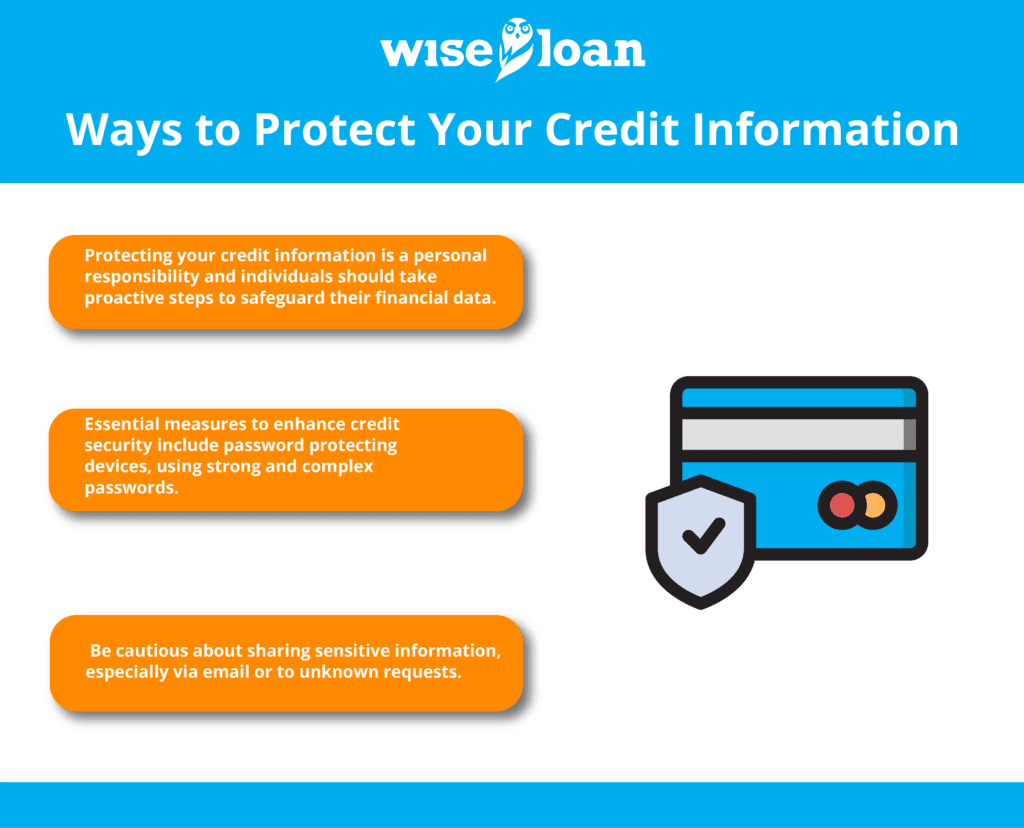Discovering that your credit information has been stolen or that unauthorized withdrawals have occurred can be distressing. Regrettably, there are numerous individuals who engage in credit information theft daily, seeking to unlawfully access your hard-earned money. Given the prevalence of this issue, why aren’t more companies dedicated to thwarting such fraud? Well, in truth, many companies do, but the primary line of defense for safeguarding your financial information begins with you. While banks and protection services work diligently to secure your account information, criminals constantly devise new methods to pilfer your assets.
Steps to Safeguard Your Credit
When it comes to shielding your credit, there are several crucial measures to incorporate into your daily routine. A good starting point is ensuring the security of your devices and online accounts. Mobile devices have revolutionized our lives and business operations but come with safety vulnerabilities. Crucial steps include password protecting your devices and enabling auto-lock functions to prevent unauthorized access. Additionally, installing antivirus software enhances asset protection. When crafting a password, avoid simplicity like “12345” as it offers easy access to criminals. Instead, opt for a password that combines uppercase and lowercase letters with symbols and numbers. For example, if your password were “WiseLoan,” a more robust alternative could be “w1$El0aN.” Going the extra mile to protect your information is a wise investment for the long run.
Remember that time when you casually discarded your new credit card details without a second thought? Don’t worry; I don’t have hidden cameras anywhere. However, such seemingly small actions expose you to higher risks of fraud. Always ensure that documents containing personal information are shredded before disposal. Criminals could potentially sift through your trash, piece together information from various sources like bank statements, bills, or receipts, and use it to create a fraudulent account in your name. If you lack a shredder or can’t afford one, simply tear or cut important documents into multiple pieces before discarding them.
“Hello, loyal customer! We’ve valued your patronage and would like to update your information in our system to serve you better in the future. Please provide your current address, phone number, account number, and social security number below, so our new systems can expedite your information processing!” You might be tempted to respond, thinking it’s crucial to update your information. But hold on! Emails like this are often phishing attempts, meaning they’re fraudulent and operated by deceitful groups aiming to steal your identity. Never divulge sensitive information, especially your social security number, via email or to unknown requests. Ensure that you’re absolutely certain the company or individual requesting your information is legitimate and will safeguard it with utmost care.

Ultimately, taking these necessary steps and regularly monitoring your credit and financial accounts can significantly reduce the risk of fraud. It’s advisable to check your accounts daily to spot any suspicious charges or transactions you’re not familiar with. While banks excel at detecting suspicious activities, they can’t catch everything. In conclusion, your credit score is pivotal in loan approvals and determining borrowing costs. So, remember, it all begins with you. Avoid negligence with your credit information and always stay vigilant!
The recommendations contained in this article are designed for informational purposes only. Essential Lending DBA Wise Loan does not guarantee the accuracy of the information provided in this article; is not responsible for any errors, omissions, or misrepresentations; and is not responsible for the consequences of any decisions or actions taken as a result of the information provided above.
More information on Installment Loans and how they work in your state:











